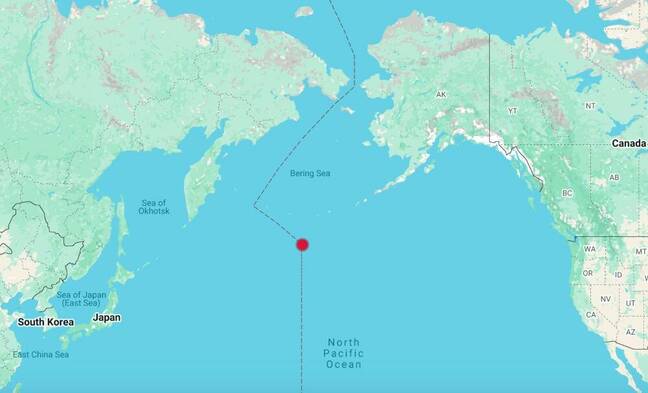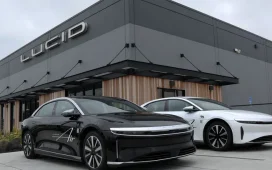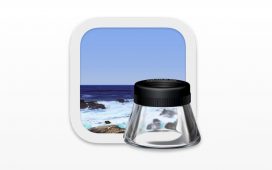US Coast Guard and civilian vessels have rescued 22 sailors off the coast of Alaska after some of the electric cars they were transporting caught fire.
The good ship Morning Midas – a roll-on, roll-off ferry that was delivering 3,000 vehicles from Yantai, China, to Lazaro Cardenas, Mexico – is currently around 304 miles south of Adak, Alaska, the US Coast Guard tells us. The sailors on the vessel, operated by UK-based Zodiac Maritime, noticed the fire at around midnight UTC on 3 June and were unable to stop the conflagration.
“The vessel is loaded with around 3,000 vehicles, 800 of which are electric vehicles,” Zodiac Marine told The Register. “Smoke was initially seen emanating from a deck carrying electric vehicles.”
“The crew immediately initiated emergency firefighting procedures using the vessel’s onboard fire suppression systems. However, despite their efforts, the situation could not be brought under control.”
The crew made a distress call and boarded lifeboats. Nearby merchant vessels responded and rescued the mariners, the Coast Guard tells us. The ship is now likely to continue burning until specialized fire-fighting crews arrive and attempt to halt the blaze.
Water, water everywhere. And none of it useful
Everyone knows firefighters use water to douse fires, and that the liquid surrounds ships at. So why was this fire so hard to stop?
Because water and electricity don’t mix, and salt water is an even better conductor than fresh water. When salt water covers a lithium battery, it can cause a short circuit that causes the battery cells to overheat in a sequence of rapid reactions, a process called thermal runaway that can cause the entire battery to burn.
Thermal runaway can happen days after immersion, thanks to minerals left over as the battery dries out, and even if the battery is completely discharged.
Battery fires are also notoriously difficult to extinguish after they’ve started, and tend to burn hotter and faster than other blazes. Sometimes they reignite after firefighters put them out. One fire marshal told CNBC in 2022 about a Tesla that burned so hot, it melted part of the road.
Firefighters in areas hit by hurricanes and flooding have some experience dealing with battery fires.
As Hurricane Milton approached Florida last fall, Florida State Fire Marshal Jimmy Patronis warned electric cars and other battery-powered kit ” are ticking time bombs.”
“In the aftermath of Hurricane Helene, we have seen nearly 50 fires caused by lithium-ion batteries with 11 of those fires being caused by EVs.”
Japanese shipping line Mitsui O.S.K is suing Volkswagen and insurers after a 2022 fire aboard the car transporter Felicity Ace. The vessel, packed full of luxury cars, allegedly caught fire when a lithium battery in a Porsche shorted out and ignited.
While the Felicity Ace’s crew escaped to safety, authorities left the fire to burn itself out. Attempts to tow the vessel to port failed and it sank in the Atlantic, leading to the loss of nearly 4,000 vehicles.
The operator of the Morning Midas hopes to avoid a similar outcome. “We are working closely with emergency responders with a tug being deployed to support salvage and firefighting operations,” Zodiac Maritime told us. “Our priorities are to ensure the continued safety of the crew and protect the marine environment.” ®










